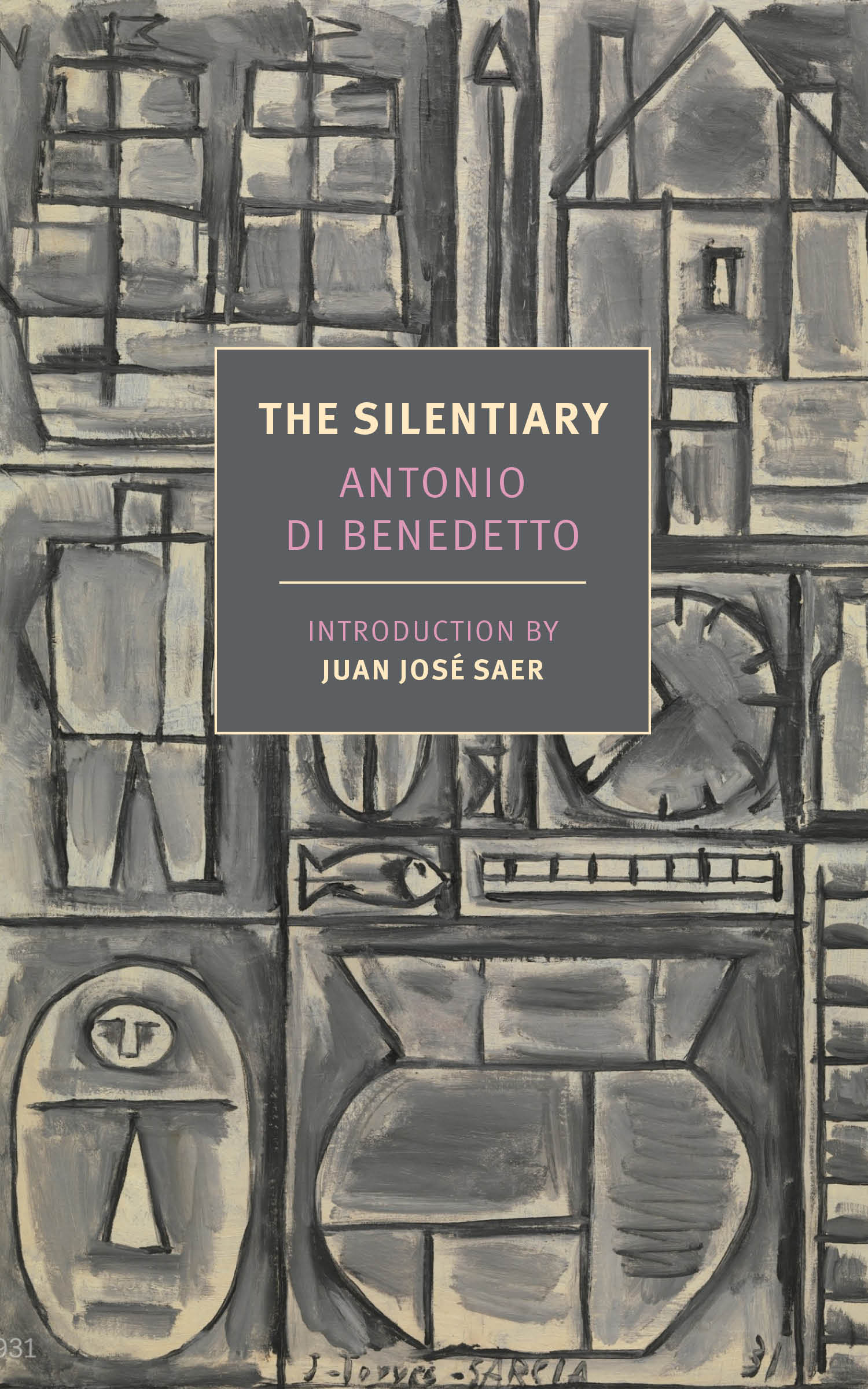The Silentiary
by Antonio di Benedetto (1964)

2025 reads, 10/25:
Music, which is sound, becomes noise when it is imposed. Imposed music.
I am continuing my descent into Antonio di Benedetto’s unofficial “trilogy of expectation” with his 1964 novel The Silentiary. Fast forward over 150 years after the events of Zama: independence from Spain was gained in the early 1800s, new nations were formed, and economies were opening up to the rest of the world. We follow the narrator, an unnamed office worker in an unnamed Latin American city, through his daily life as he attempts to write a novel. But after reading The Silentiary, it is clear that di Benedetto’s vision of a man lost in himself, waiting for something, anything, to happen, stays constant.
The early afternoon sun licks at my window. No noise comes from behind it. The headboard of my bed is a bookcase full of novels, some inherited from my father, some selected by me. I accept their contagion. Perhaps today is the day I’m meant to begin writing my book.
But it’s a more specific desire than in Zama – as you may have surmised by the title, the narrator desires silence over anything else. At the beginning of the novel, an auto repair shop opens up next to the narrator’s house, which acts as the catalyst for his quest of complete silence. He drags his family along with him to move an inane number of times, constantly complaining about how the noise is preventing him from working on his book.
A majestic pounding of iron against iron. A propagation of sound waves like layers of metal being tortured in the air until they escape across the grasslands.
I gotta say, some of the quotes are relatable. I mean, who hasn’t felt anger or frustration at just hearing noise outside when you’re trying to focus or relax (the lawnmowers around our neighborhood always seem to come at the worst times).
But I am beginning to see why this is called the “trilogy of expectation,” as the main characters in these novels do not push for change themselves – they expect it to happen to them. They are passive in this world that owes them. The desires of these characters are constantly reiterated, but no work is put in to attain said desires. Di Benedetto writes as if surrealism comes from the side characters (such as the narrator’s mom, or his love interest), as they are only around in fleeting instances. But, taking a step back and looking at this world outside of our narrators head, we realize it is them who is not always with us.
I mused with bitterness—and perhaps without justification—that if they don’t mind having their thoughts disrupted, it’s because they don’t think that much.
I will now head ten more years into the future for the final installment of di Benedetto’s trilogy, The Suicides, taking place in Argentina in the late 1960s. I’ll see you there.



